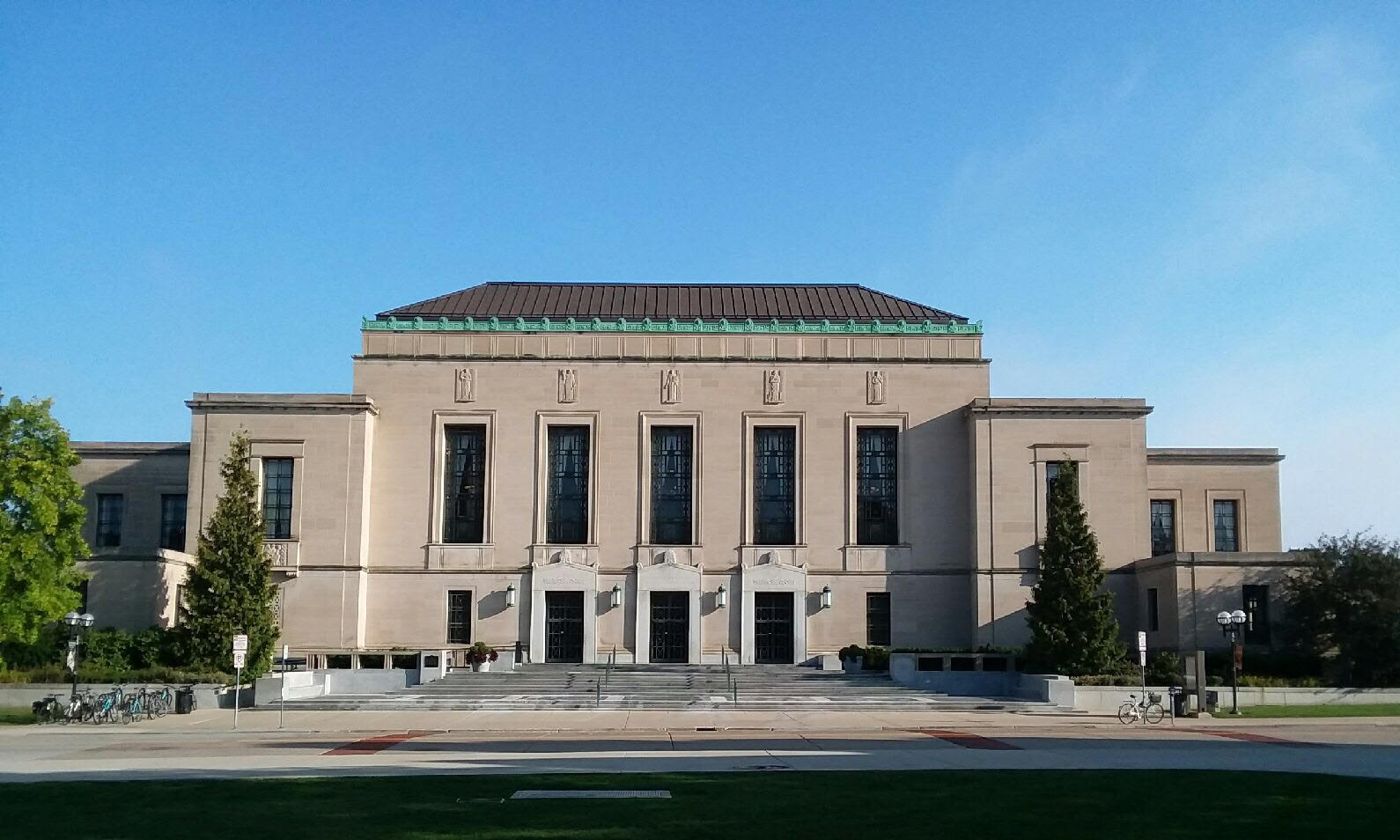
Earlier this week, SMR member Kristen Clough successfully defended her dissertation, entitled "Opera in Crisis? Reinterpreting and Revealing the Cultural and Political Impact of French Fourth Republic Opera, 1945–1958" (abstract below). Congratulations, Kristen, and all the best with final revisions!
Opera in Crisis? Reinterpreting and Revealing the Cultural and Political Impact of French Fourth Republic Opera, 1945-1958
France in 1945 was reeling from the destruction wrought by the Second World War. As the Fourth Republic was formed, the new constitution made it clear that culture was a right of all French citizens. Further, culture was widely understood as a means of reestablishing French identity and authority. Yet, critics proclaimed that French opera—one of the most central musical traditions of France—was in a state of crisis and stagnation. This narrative has largely persisted, maintaining that opera in France after the war lacked innovation, relevance, and cultural-political commentary.
My dissertation reveals that this is a mischaracterization of the operatic genre during the Fourth Republic. The operatic field, far from being stagnate, produced works with daring political messages that could not be presented freely elsewhere during the mounting tensions of the Cold and colonial wars. Opera was a vital site of contestation and of national memory-making that did not merely reflect French culture and politics but actively shaped them and French identity. However, this reality has been unexplored in Fourth Republic operatic scholarship. Too often the narrative of crisis has been accepted uncritically and it has obscured understanding of these works and the remarkable survival of these houses.
I examine the two major opera houses in Paris (the Palais Garnier and the Opéra-Comique known as the Réunion des Théâtres Lyriques Nationaux or RTLN), and three houses in the provinces in Rouen, Strasbourg, and Marseille (each of which had a different relationship to state-sponsored operatic decentralization). I re-contextualize the triumphs, and so-called failings, of the RTLN and the operatic decentralization plan and argue that political motivations were often the impetus of critiques of these houses and their repertoire. These criticisms had a huge impact on the reputation of these operas and they have been remembered as less innovative musical works because of this bias.
This is revealed by delving into close analysis of several works performed at these houses, for example Poulenc’s Les Mamelles des Tirésias, Tailleferre’s Il était un petit navire, Milhaud’s Bolivar, and important revivals of Gounod’s Faust and Rameau’s Indes galantes. My dissertation addresses how operas were able to be rich sites of debate over French identity and cultural memory, and how the genre was able to persist in the difficult conditions of the post-war period. By challenging the narratives of failure and crisis that have surrounded Fourth Republic opera, this dissertation opens a path for further study of this important repertoire that was central to the reformation of French identity and the assertion of French cultural prestige during the Fourth Republic. Opera during the Fourth Republic, contrary to reports, was most definitively not dead.
Recent Posts
SMR to Host Midwest Graduate Music Consortium 2025 Conference – January 13, 2025
SMR Welcome BBQ at County Farm Park – October 01, 2024
Julian Grey defends dissertation – June 05, 2024
Michaela Franzen defends dissertation – May 21, 2024
Kai West defends dissertation – May 16, 2024
Micah Mooney and Carlos Pérez Tabares present at Music Theory Midwest – May 12, 2024
SMR end-of-year round-up at County Farm Park – April 25, 2024
SMR hosts Research Showcase – September 29, 2023
 Society for Music Research
Society for Music Research